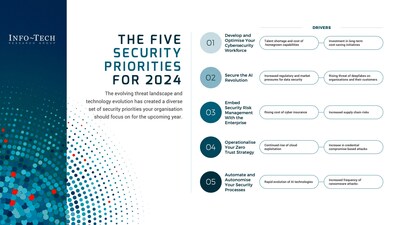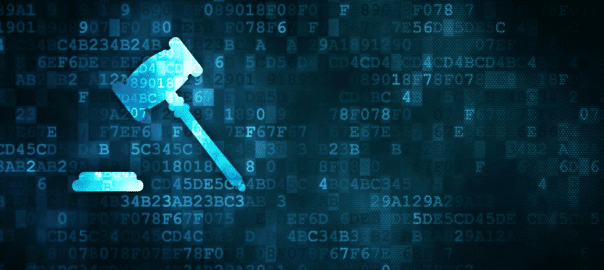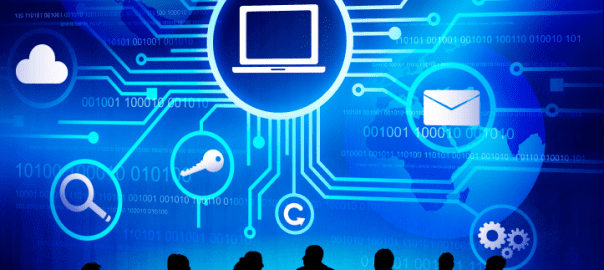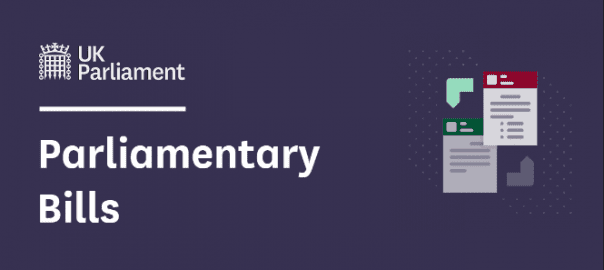Claroty, the cyber-physical systems (CPS) protection company, today released new research illuminating the significant business impacts of cyber attacks affecting CPS environments. The report, “The Global State of CPS Security 2024: Business Impact of Disruptions,” is based on a global independent survey of 1,100 infosecurity, OT engineering, clinical & biomedical engineering, and facilities management & plant operations professionals about the business impacts of cyber attacks on their organizations in the past 12 months. Continue reading
Tag Archives: Data security
The Top 2024 Cybersecurity Priorities for UK CISOs and Security Leaders Revealed in Report by Info-Tech Research Group
Info-Tech’s Security Priorities 2024 report delves into the pressing issues that UK IT and security leaders must prioritise over the coming year, including the cybersecurity talent shortage, the rise of AI-driven threats, the integration of security risks with business risks, the adoption of zero-trust frameworks, and the increasing significance of automating security operations. The global IT research and advisory firm explains in the report that by addressing these priorities, organisations can better prepare themselves to face the evolving threat landscape. Read more
The business implications of the EU AI Act
May 230, 2023 /Business/ — The EU AI Act is a proposed piece of legislation that would regulate the use of artificial intelligence (AI) in the European Union. The Act would create a framework for the development and use of AI that is aligned with the EU’s values, such as respect for human rights and fundamental freedoms.
The Act would classify AI systems into three risk categories: unacceptable risk, high risk, and low risk. Unacceptable risk AI systems would be banned, while high-risk AI systems would be subject to strict requirements. Low-risk AI systems would be largely unregulated. Continue reading
The European Union (EU) has fined Facebook parent Meta €1.2 billion ($1.3 billion)
May 22, 2023 /Business/ — The European Union (EU) has fined Facebook parent Meta $1.3 billion for transferring user data to the United States without adequate safeguards in place. The fine is the largest ever imposed by the EU for data protection violations.
The EU’s General Data Protection Regulation (GDPR) requires companies to obtain consent from individuals before transferring their data outside of the EU. Meta argued that it had obtained consent from users, but the Irish Data Protection Commission (DPC) found that this consent was not valid. Continue reading
If code could be generated, why can’t it generate security controls?
April 30, 2023 /Technology/ — As generative AI continues to develop, it is likely that we will see even more innovative and effective ways to use this technology to protect our data and our systems. By creating predictive models, generating simulated environments, and analyzing large volumes of data, generative AI can help identify and respond to threats before they cause damage. Generative AI has enormous potential to transform cybersecurity, including cloud, device, and even home security systems. Continue reading
It is possible that AI training data could be banned by data regulators
April 20, 2023 /Technology/ –It is possible that AI training data could be banned by data regulators like the EU’s General Data Protection Regulation (GDPR). The GDPR is a comprehensive privacy law that gives individuals control over their personal data. The law also requires companies to obtain consent from individuals before collecting or using their personal data.
AI training data often contains personal data, such as images, videos, and text. This data can be used to train AI models to perform tasks such as facial recognition, natural language processing, and object detection. However, the collection and use of AI training data can raise privacy concerns. For example, individuals may not be aware that their personal data is being used to train AI models. They may also not be aware of how their personal data is being used or who has access to it.
Continue reading
How does the UK Government’s Data Protection and Digital Information Bill impact the economy?
April 17, 2023 /Technology/ —The UK Government’s Data Protection and Digital Information Bill (DPID Bill) is a piece of legislation that aims to reform the UK’s data protection framework. The Bill is currently being debated in Parliament, and it is expected to be passed into law in 2023.
The DPID Bill has the potential to have a significant impact on the UK economy. On the one hand, the Bill could lead to increased compliance costs for businesses. This is because the Bill introduces a number of new requirements for businesses that process personal data, such as the need to conduct data protection impact assessments and to appoint a data protection officer.
Continue reading
End-to-end encryption keeps us all safe
Mallory Knodel,Ryan Polk,Sheetal Kumar
Published: October 05, 2022 | Center for Democracy & Technology
Mallory Knodel is Chief Technologist at the Center for Democracy and Technology, Ryan Polk is Director of Internet Policy at Internet Society and Sheetal Kumar is Head of Global Engagement and Advocacy at Global Partners Digital.
At the Human Rights Council in Geneva last month, the Office of the United Nations High Commissioner for Human Rights (OHCHR) presented the strongest endorsement of encryption yet by the world body in its report on privacy in the digital age, underlining that the technology that leverages cryptography to secure communications, is crucial to the rights to privacy, access to information, and free expression in an online world. Continue reading








